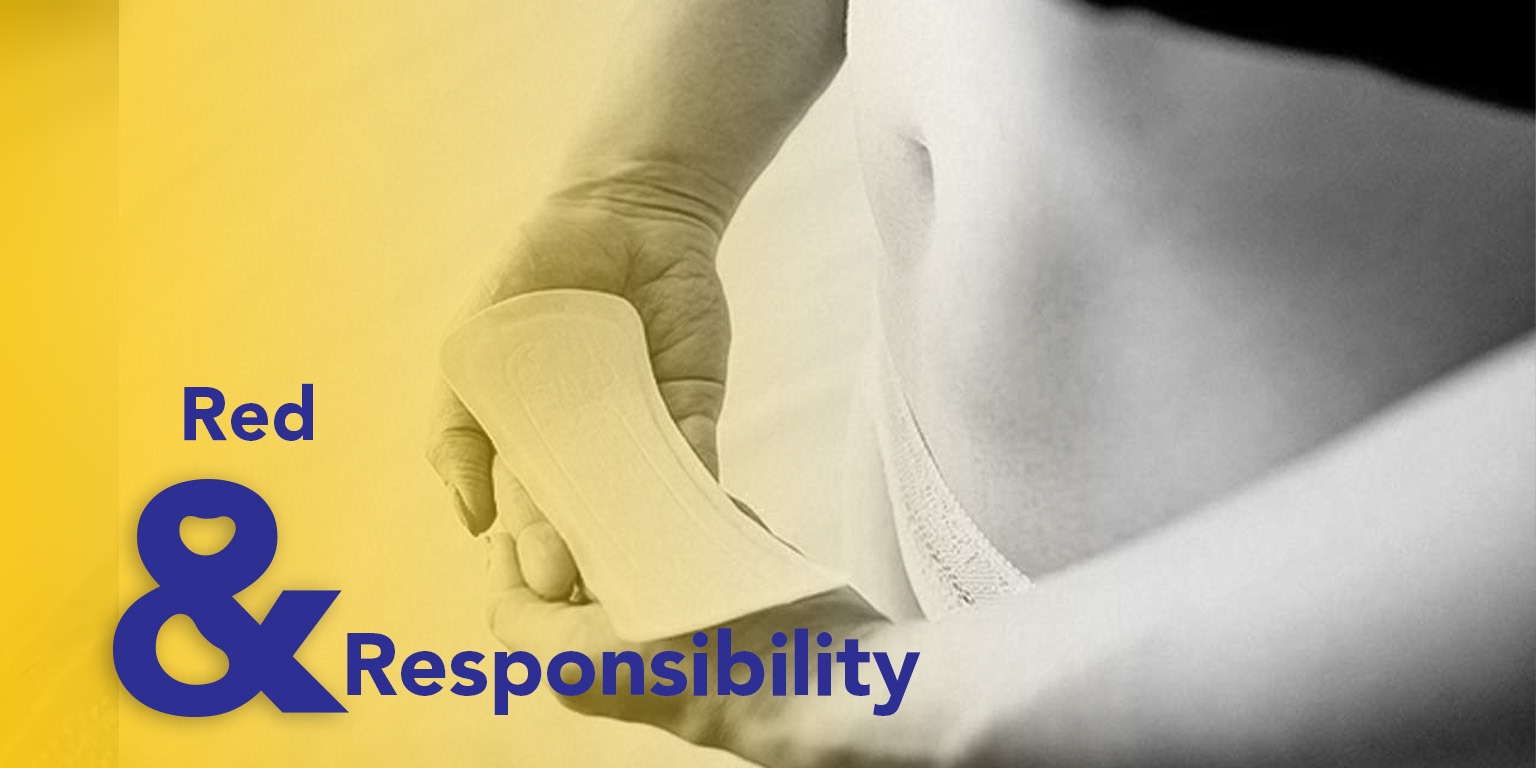The Environmental Impact We All Share
Periods. We whisper the word, hide our pads, and often feel embarrassed to acknowledge their existence. But for over half the world’s population, menstruation is a natural, recurring reality. And with that reality comes the responsibility of managing menstrual hygiene – for ourselves and the environment.
Breaking the Silence:
Let’s start by openly acknowledging periods. They’re not something to be ashamed of, but a normal part of life for women and girls. Open discussions empower us to make informed choices about menstrual hygiene products and their environmental impact.More Than Just Pads and Tampons:
From reusable cloth pads to menstrual cups and period panties, options for managing your flow are expanding! Explore to know and switch to what works best for you, considering comfort, affordability, and environmental impact.Reusable vs. Disposable? Weighing the Options:
Both reusable and disposable products have their pros and cons:
Reusable:
- Pros: Environmentally friendly, cost-effective in the long run, no need for constant replenishment.
- Cons: Requires cleaning and proper storage, might only be readily available in some places.
Disposable:
- Pros: Convenient, readily available, requires minimal maintenance.
- Cons: Generating significant waste, often made with non-biodegradable materials, can be expensive in the long run.
Every Girl, Every Period, Every Responsibility:
Here are some pointers to ensure responsible menstrual hygiene:- Choose wisely: If opting for disposables, consider biodegradable options.
- Dispose responsibly: Roll the pad into itself, with the bloodied surface inside. Secure it in a paper wrap. Dispose of it in a disposal bin. Do not flush down the toilet.
- Advocate for change: Raise awareness about menstrual hygiene and waste management in your community.
Beyond Products: Breaking the Stigma
Menstrual hygiene goes beyond choosing the right product. It’s about:- Accessibility: Ensuring girls and women in rural areas have access to hygiene products and education.
- Tackling period poverty: Addressing affordability concerns, especially for underprivileged communities.
- Breaking taboos: Challenging cultural stigma and shame surrounding menstruation.
Let us work together to build a menstrual ecosystem that celebrates periods as a natural part of life, empowers every girl and woman, and safeguards our environment for generations to come. Together, let’s create a world where “period poverty” and stigma become relics of the past, and menstruation is synonymous with confidence, not concealment.
The fight for responsible menstrual hygiene is a collective journey. Let’s flow with the tide of change, building a menstrual ecosystem that reflects our values and aspirations for a just and sustainable future.
Must know facts about menstrual health
- Q: What if I can’t afford reusable products?
- Look for government-sponsored programs or NGOs providing subsidized or free menstrual hygiene products. Remember, your well-being matters, regardless of your economic situation.
- Q: Are biodegradable products eco-friendly?
- While a better option than conventional disposables, biodegradable products still create waste. Aim for reusables when possible.
- Q: How can I talk to my family and friends about periods?
- Start by sharing your own experiences and encouraging open discussions. Normalize the conversation and challenge any misconceptions they might have.
Remember, periods are a natural part of life, and managing them sustainably and responsibly is a shared responsibility. We can break the silence, empower ourselves, and protect our environment.
Let’s flow in confidence, not just during our periods, but by advocating for change and making informed choices.


